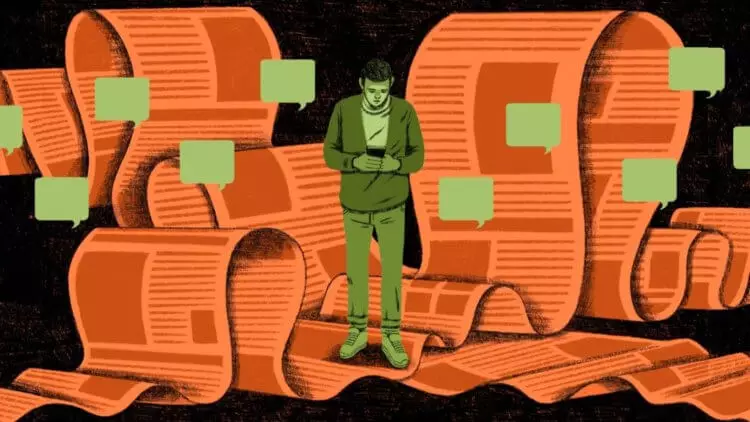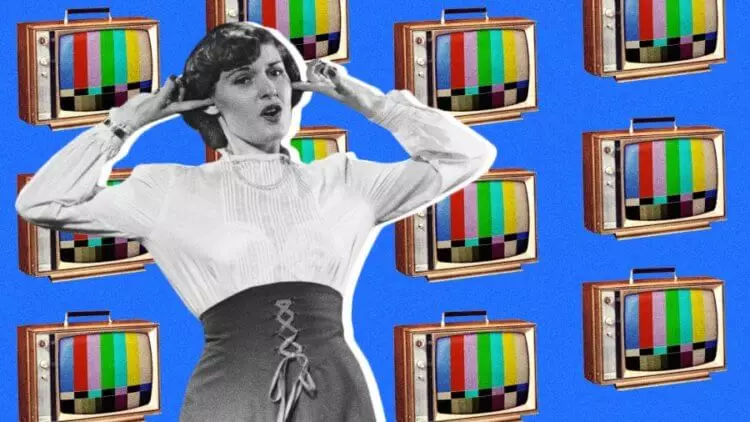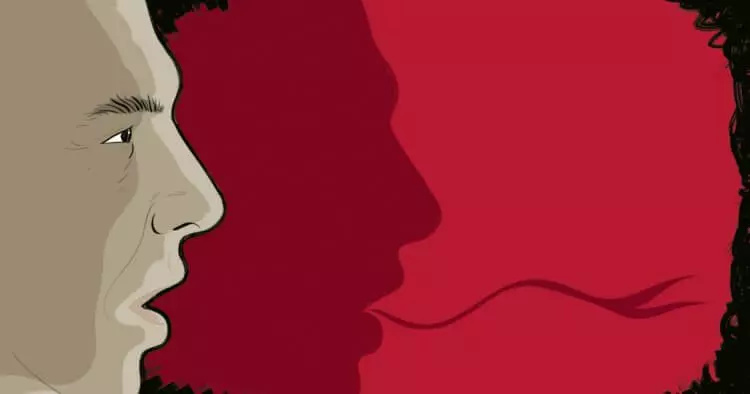It so happened that the amount of fake news (Fake News) in the modern world is constantly growing. Fake News is an approval that has no evidence (for example, the statement that the land is flat), which are submitted as a fact along with scientifically based, peer-reviewed conclusions (for example, climate change). In 2017, psychologists from Oregon University identified some key factors that could force people to reject science. And they have nothing to do with the fact that the person is educated or smart. The researchers found that people who reject scientifically confirmed facts on such issues as climate change, vaccine safety and evolution, as a rule, are just as interested in science and have the same education as those who scientific knowledge loves and promotes. Problems arise due to the fact that people think more like lawyers when it comes to facts, and not as scientists. This means that they "choose" facts and research that confirm their point of view, and those that contradict it - ignore.

Why do people deny science?
The work of which is in question writes the edition of the Science Alert. As its authors, psychologists from the University of Oregon write, if a person believes that people are not the cause of rapid climate change, then he ignores hundreds of research, this conclusion confirming, but grabs the only study that it will be able to find a question that will be questioned this point vision. This type of cognitive distortion scientists call a tendency to confirm their point of view.
The inclination to confirm its point of view or bias confirmation is a tendency to seek, interpret or give preference to the information that is consistent with its point of view.

The conclusion obtained during the study is based on a series of interviews, as well as on the metapalization of research published on this topic and sounds alas, disappointing - simply focusing on evidence and data is not enough to change someone's opinion about a particular topic. Because they most likely have their own "facts", which they will gladly stand out. But is it possible to do something in this case? Researchers recommend to look into the "roots" of the reluctance of people to take scientifically proven facts and try to find points of contact for the introduction of new ideas.
Do you want to always be aware of news from the world of science and high technology? Subscribe to our channel in Google News to not miss anything interesting!
Meanwhile, skepticism regarding climate change slows down the global reaction to the greatest social, economic and environmental threat of our time. Recently several studies have come immediately on worseing literally from all sides of the situation. More about how the global future of our civilization may be told in this article.
War with Fake News
Endowed with their own sources of information and their own interpretations of research, doubted declared experts the real war. But this in some sense is not surprising. Our life is never permeated with science and technology. For many of us, this new world is amazing, comfortable and rich, but also more complicated and sometimes it is nervous. As National Geographic writes, today we are confronted with risks that are not easy to analyze.

We are asked to accept, for example, that safely eat food containing genetically modified organisms (GMOs), because, as experts noted, there is no evidence that it is not so, and there is no reason to believe that the change in the genes in the laboratory is more dangerous than changing them in bulk with the help of traditional selection. But for some people, the idea of transmitting genes between the species is in the imagination of insane scientists who are crazy - and now, two centuries after Mary Shelley wrote "Frankenstein," they talk about Frankentfude.
It is interesting: how social networks help spread Lzhenayuk
The world is full of real and imagined dangers, and to distinguish the first from the second is not easy. Is it worth it that the ebola virus, which extends only to direct contact with the body fluids, is mutated into air-drip superinfection? The scientific community believes that it is extremely unlikely: never in the history of science was not observed that the virus completely changed the transmission method among people; Moreover, there is no evidence that the last strain of Ebola is different from the previous ones. But if you enter a search engine "Ebola air-droplet" in the search engine, then you will fall into anti-durable, where this virus has almost supernatural abilities, including the ability to kill at all.
And it is in such a world that we must decide what to believe and how to act. In principle, there is science for this. Is not it?
